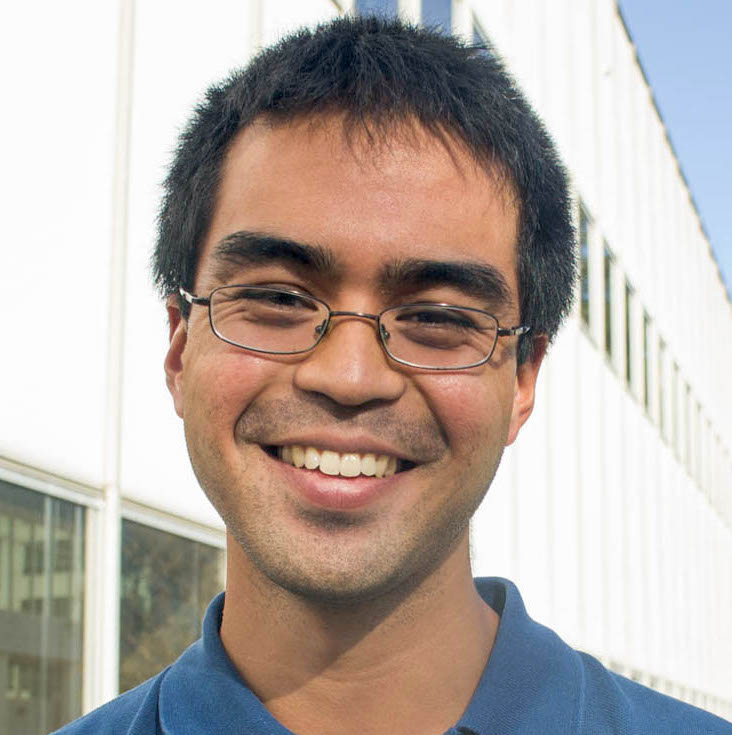“Why PhD?” Applying to the USC Chan PhD program
November 27, 2017
With Friday's approaching deadline to apply to the USC Chan PhD in Occupational Science degree program, first-year occupational science PhD student Raymond Hernandez shares his rationale for pursuing a PhD degree at USC
Academics and Courses Students
By Raymond Hernandez PhD ’22
We all use our own strategies when trying to make the big decisions in life. Some common examples include: “going with your gut,” making a pros/cons list, careful self-reflection, even flipping a coin. For me, when deciding to apply to the Occupational Science PhD program, I used a combination of a gut feeling and a pros/cons list.
It all started with a gut feeling. I was already working as a school-based OT with Los Angeles Unified School District and my colleagues were already having conversations about long-term investments into retirement funds and putting down-payments on new homes. I, on the other hand, did not want to regret not investing into my passion for research before settling down. I then compiled a pros/cons list about applying to the program in order to shed some light on my initial gut feeling.
Cons:
- Make less money
- Less job stability
- Will probably have to postpone life milestones like buying a house and starting a family
- Possibly less leisure time
- Experiencing stressors that come with school like having to go through exams, which I thought I was already fully free of after OT school at CSUDH
Pros:
- More time to be theoretical and play in the world of ideas
- Time and freedom to explore and develop an idea I was excited about since OT school which I had continued to explore independently on an intermittent basis, specifically the idea of using various occupations to elicit the relaxation response (a wakeful hypometabolic state) and figuring out ways to utilize the concept to its fullest capacity to promote wellness
- Possibility of helping people with ideas I help to develop
- Tuition covered, stipend to be a student!
- Dr. Hernandez sounds cool (but weird)
Upon closer analysis of this list, it was clear to me that the bullet point of greatest importance to me was the chance to explore and develop ideas promoting the utilization of occupation to elicit the relaxation response. There was a vivid picture in my head of what I wanted to help build, and I wanted to see how close I could get to that picture. This is not to say, however, that the other factors such as tuition coverage did not play a role. I had to consider my pros/cons list as a whole and compare it with the picture in my head of what I wanted to help build which ultimately lead me to apply to the program. With that said, we all have to make our own decisions based upon our own values, beliefs, goals and personal conceptions of our own life narratives.
I would recommend the PhD program to those who see a life in academia as a possible “just right challenge” for the next chapter in their life narrative. I do not know what the future holds for me and whether I will “fail” or “succeed” in academia, but I do know that I would probably have regretted not at least giving the pursuit of a PhD a shot. I’m here in the occupational science program now giving it all and do not have any “what-ifs” going forward.
⋯
Next by tag Academics and Courses ⟩ Students ⟩






